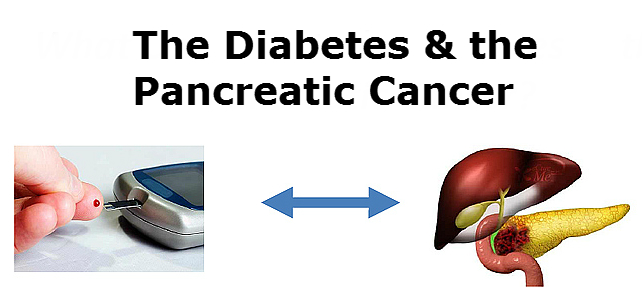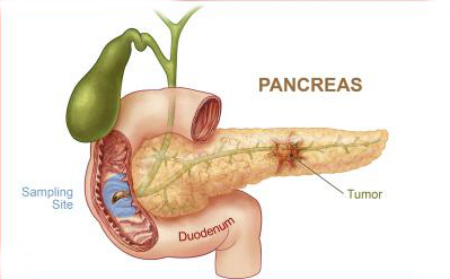The heart healthy benefits of low-dose aspirin are widely known, but that’s not all this humble little pill could do to save your life. A growing body of research indicates aspirin may also help lower the risk of one of the deadliest forms of cancer.
A new study published Thursday by researchers at the Yale School of Public Health finds aspirin taken daily in small doses could lower incidences of pancreatic cancer by as much as 48 percent.
Pancreatic cancer kills close to 40,000 Americans each year and has a 5-year survival rate of only 5 percent.
“The thought that there’s something that could lower the risk of someone getting pancreatic cancer is remarkable and exciting to me as a physician who has patients who have gotten — and died from — pancreatic cancer,” said. “There’s very little we can do for most people that get pancreatic cancer.”
For the study, published in the journal Cancer Epidemiology, Biomarkers & Prevention, researchers recorded information on aspirin use and medical histories of 362 pancreatic cancer patients and 690 patients who did not have the disease, between 2005 and 2009.
The researchers found that patients who took low-dose aspirin (75 to 325 milligrams) for six years or less had a 39 percent reduced risk for pancreatic cancer, while people who took it for more than 10 years reduced the risk for the disease by 60 percent.
The authors suggested that people with a strong family history of pancreatic cancer or other risk factors for the disease may want to consider a daily aspirin regimen to reduce their risk.
This new paper is one of several indicating that aspirin may safeguard patients from cancer. Other studies have shown aspirin can lower risk for ovarian, colorectal, stomach, esophageal, prostate, breast, lung and skin cancer.
So how exactly could this little over-the-counter painkiller be such an effective cancer-buster?
“Aspirin interrupts the inflammatory pathway in the body,” explained LaPook. “It turns out those same pathways look like they’re part of the pathways that can lead to cancer. If you interrupt those pathways, theoretically that might be the reason why you lower the risk for cancer. We don’t know that for sure, but that’s one thought.”
This promising research could also offer a new route for cancer treatments. “There’s also a suggestion that not only is there a role for aspirin in preventing cancer but possibly in treating a cancer like colorectal cancer,” he said.
However, taking aspirin long-term poses a number of serious health risks. “Aspirin can cause gastrointestinal ulceration and bleeding, it can cause bleeding in the brain. These are potentially very serious complications,” said LaPook. “So yet again we say you have to talk to your doctor, you have to weigh the benefits. This is personalized medicine.”
Source: cbs news




